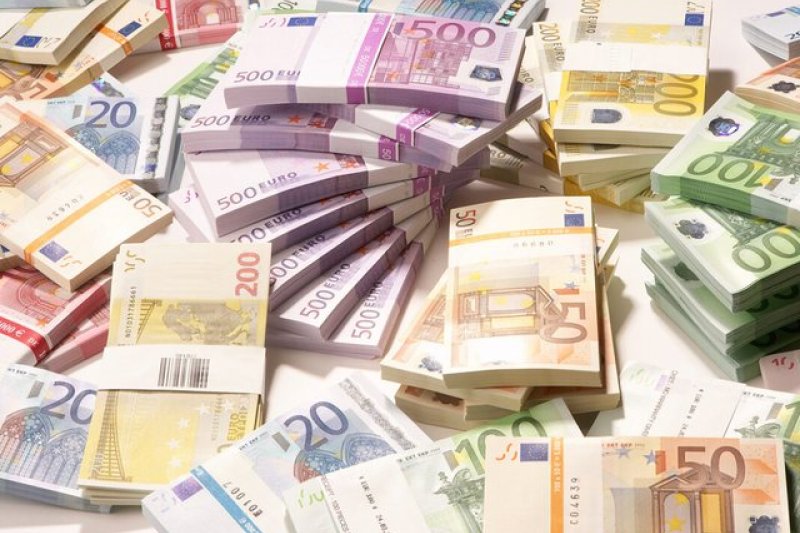European Currency Falls to New Minimum
The exchange rate of the European currency Euro further fell below the limit of Lek 100 on Tuesday in the foreign exchange market in Albania, after surpassing the threshold on Monday for the first time.
According to the official exchange rate, the European currency was exchanged at Lek 99.86, the lowest level of all time. Despite the efforts of the Bank of Albania, the exchange rate officially broke the threshold of Lek 100 at the beginning of this week, while the decline continued on Tuesday.
The foreign exchange market is characterized by a high supply of European currency at this time of the year, driven by increasing numbers of foreign visitors and high levels of investment in the real estate market.
During August, the euro exchange rate seems to be under the effect of new downward pressures. After the annual rate decline was minimized in July, this decline is now deepening again. On Tuesday, the Euro was exchanged at a rate of almost 4% lower compared to a year ago. In the absence of the Bank of Albania's interventions, this decline would certainly have been even greater.
The Lek also strengthened against the US Dollar, which dropped to the quota of Lek 91.42, at the lowest level of this year.
On the other hand, the government's fiscal policy continues to favor a strong national currency. It was expected that the increase in wages and the acceleration of the pace of public investments after the middle of this year would bring a decrease in the budget surplus, but so far this has not happened.
According to the data of the Ministry of Finance, at the end of June, the budget surplus reached a new historical record for this period of the year, with Lek 51.4 billion. The budget deficit has increased by 11.7% compared to the same period a year ago. A high government surplus reduces the supply of Lek in circulation and further strengthens the downward pressure on the Euro-Lek exchange rate.
Another factor that could potentially curb the rate's decline was the expectation of increased energy imports, due to low rainfall and reduced production from hydro sources. However, sources from the market state that imported energy prices have remained relatively low.
A major impact is believed to have been the high production of energy from solar sources in neighboring countries. The high supply of photovoltaics means that energy prices are stable for most of the day.
The strong Lek is estimated to be an important factor in reducing inflation, which has been hovering near the 2% limit for months. However, the continuous appreciation of the local currency negatively affects the competitiveness of the exporting sectors of the economy. For the first 6 months of the year, exports of goods fell by almost 15% compared to the same period last year.
Adapting to an increasingly low exchange rate of the euro is a challenge for exporting sectors, parallel to a cycle when labor costs have risen significantly.













